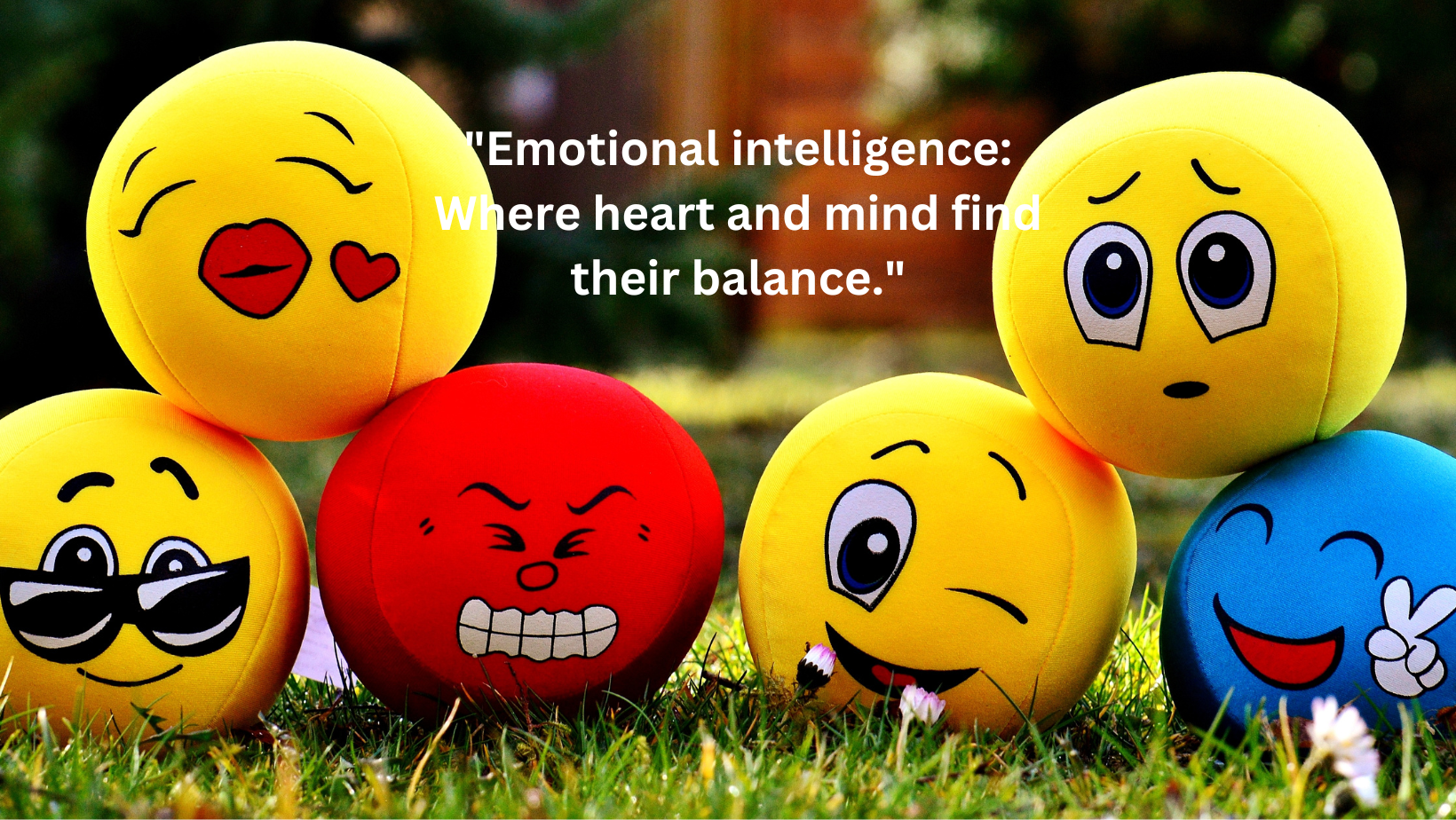Developing Emotional Intelligence for Leadership
- 7 Views
- kevinchde
- April 11, 2023
- Personal development
Emotional intelligence (EI) is an important aspect of leadership. That is becoming increasingly important in today’s workplace. Further, it involves the ability to identify and manage one’s emotions and the emotions of others effectively. On the other hand leaders with high emotional intelligence are more likely to build positive relationships, communicate effectively, and lead their teams to achieve common goals.
Therefore, this article will explore the importance of emotional intelligence in leadership and provide practical strategies for developing emotional intelligence. Moreover, it will also examine how emotional intelligence can be applied in leadership and share real-world examples of successful leaders who exhibit emotional intelligence
What is Emotional Intelligence
Emotional intelligence is the ability to recognize, understand, and manage one’s emotions and the emotions of others. It combines four components: self-awareness, self-management, social awareness, and relationship management.
Self-awareness
Self-awareness is the foundation of emotional intelligence, and it involves being in tune with your own emotions, strengths, weaknesses, and values. It allows leaders to understand how their actions and behaviors impact their team members.
Self-management
Self-management is the ability to regulate and control one’s emotions, thoughts, and behaviors effectively. Further, it involves being able to manage stress, remain calm under pressure, and adapt to changing circumstances.
Social awareness
Social awareness is the ability to understand and empathize with others’ emotions, needs, and perspectives. On the other hand, it involves being able to read body language, recognize social cues, and understand the dynamics of interpersonal relationships.
Relationship management is the ability to build positive relationships with others, communicate effectively, and manage conflicts. Further, it involves being able to inspire, motivate, and influence team members toward a common goal.
How to Develop Emotional Intelligence
Developing EI requires intentional effort and practice. Here are some strategies for improving emotional intelligence:
Improve Self-Awareness – Leaders can improve self-awareness by reflecting on their emotions and reactions in different situations. Further, they can also seek feedback from team members and use self-assessment tools to identify their strengths and weaknesses.
Manage Emotions – Leaders can manage their emotions by developing self-regulation techniques such as deep breathing, meditation, and mindfulness. Moreover, these techniques can help them stay calm and focused during stressful situations.
Empathy – Leaders can develop empathy by practicing active listening, asking open-ended questions, and putting themselves in their team member’s shoes. Finally, it helps leaders understand others’ perspectives and needs.
How to Apply Emotional Intelligence in Leadership
Leaders can apply emotional intelligence in several ways to improve their effectiveness:
First, Improve Communication – Leaders with high emotional intelligence can communicate effectively by tailoring their communication style to their team members’ needs. Then, they can also use nonverbal cues such as body language, tone of voice, and facial expressions to convey their message effectively.
Next, Create a Positive Work Environment – Leaders can create a positive work environment by fostering open communication, collaboration, and trust with Emotional Intelligence. Further, they can also recognize and celebrate their team members’ achievements.
Finally, Conflict Resolution – The ability to manage conflicts is a must trait that all leaders consist of. Leaders with high emotional intelligence can manage conflicts by using active listening, empathy, and problem-solving techniques. Not only that, but they can also identify the root cause of the conflict and find a win-win solution.
Case Studies and Examples
Several successful leaders exhibit high emotional intelligence. For example, Satya Nadella, CEO of Microsoft, is known for his empathy and humility. He encourages his team members to express their opinions and ideas freely, creating a positive work environment.
Another example is Mary Barra, CEO of General Motors. She is known for her open communication and transparency. She listens to her team members’ feedback and uses it to make informed decisions that benefit the company.
Conclusion
In conclusion, emotional intelligence is a critical aspect of leadership that can help leaders build positive relationships, communicate effectively, and lead their teams to success. Developing emotional intelligence requires intentional effort and practice


